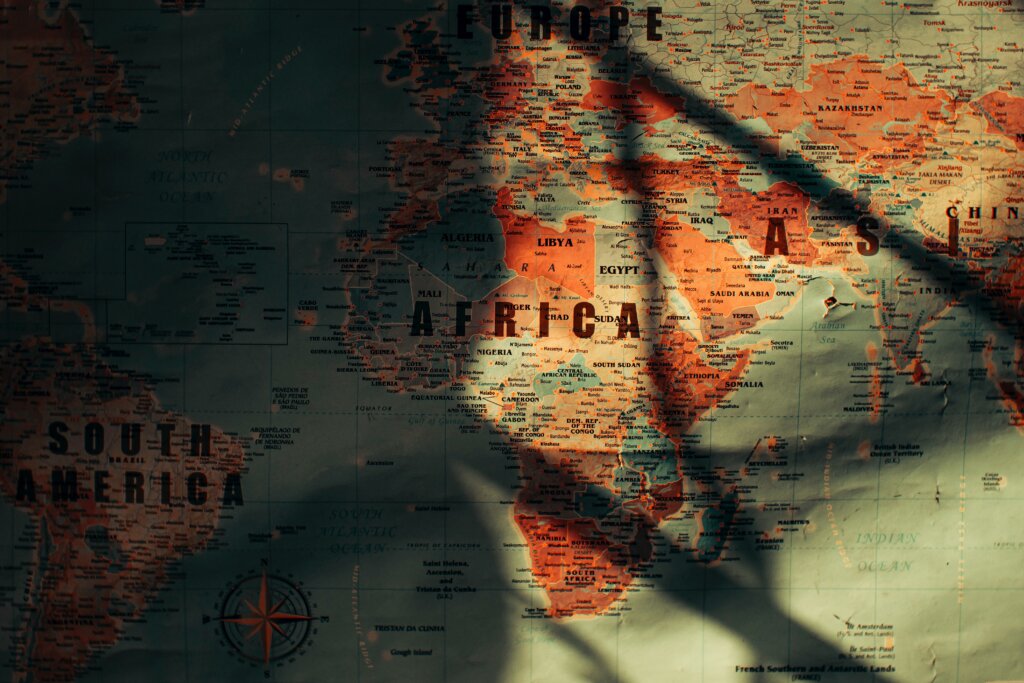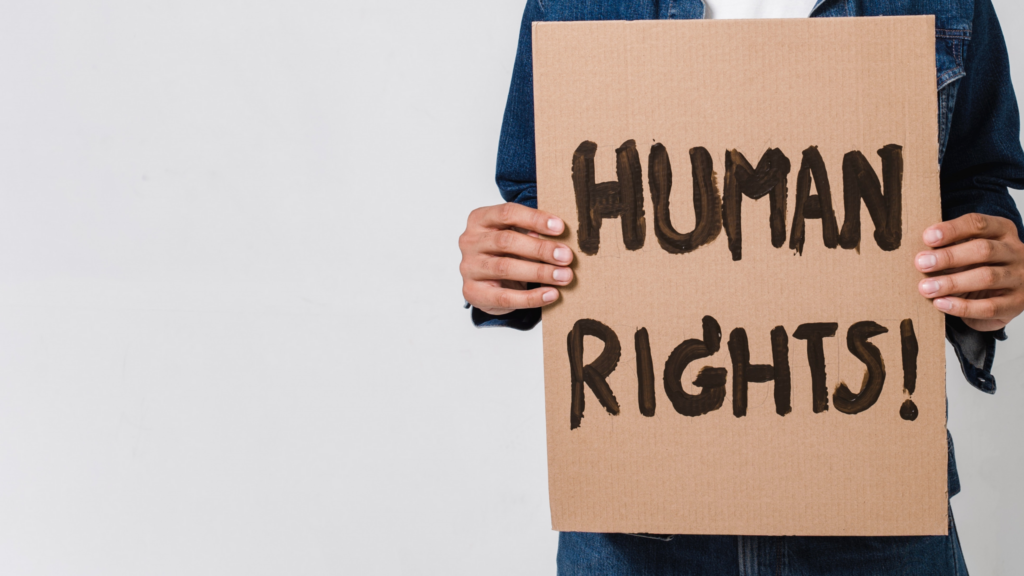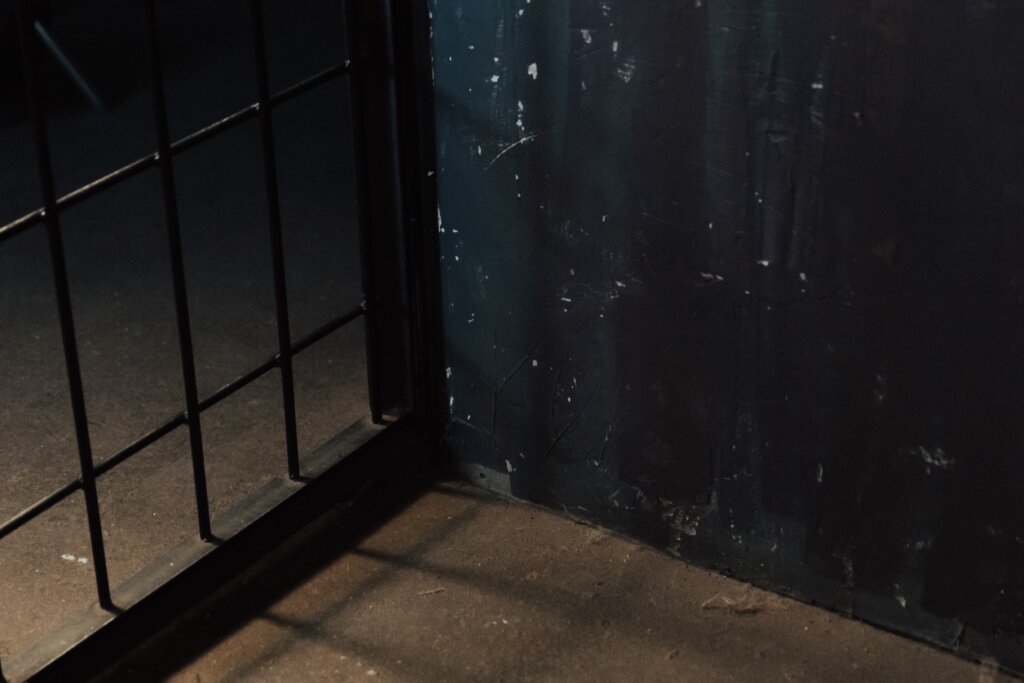The solutions: The changes we need
We have the resources to support refugees and to tackle the issues that force them into leaving their homes in the first place.
Create safe pathways
Very often refugees are forced to use unsafe, “illegal” routes of escape because the international community have not created safe alternatives. This means that refugees are easily labelled as “illegals” by the countries they seek refuge in – even though they very often have very little choice but to use illegal routes. The LA Declaration, signed by 21 countries in the Northern Hemisphere in June 2022, has committed those countries to increasing the number of safe, recognized routes of escape. These policies need to go hand-in-hand with the dismantling of human smuggling networks.

Regional cooperation
Supporting refugees requires inter-country cooperation. This needs to be based at various levels from regional through to international. In Latin America, for example, countries have established the Quito Process and the 1984 Cartagena Declaration on Refugees. These agreements have established a wider category of refugee that goes beyond the UNHCR’s own definition and therefore commits signatories to supporting more refugees.

Tackle issue at source
Much of the political rhetoric around refugees tends to focus on their arrival in a potential host nation. While this can grab headlines, a more systemic solution involves tackling the issues that cause people to become refugees in the first place. This can include economic investment, diplomatic efforts at peace-seeking, and mitigating the impact of the climate crisis. Regarding the latter, New Zealand is trialling a climate visa which will offer sanctuary to people from neighboring countries who are displaced by the impacts of climate change

Extend rights
Countries often create an inequity of rights for refugees and people seeking asylum compared to their own citizens. Denied access to social security and often unable to work, this can often lead the former into destitution and homelessness. Countries need to recognize that economic rights should be indivisible. Since 2015, for example, Columbia has undergone a process of opening up access to social security, healthcare, and employment to refugees and migrants.

Remove detention centres
The International Detention Coalition has identified over 250 alternatives to detention, such as providing temporary legal status to refugees while they await decisions on their permanent status. Another alternative is to increase global refugee resettlement quotas. These quotas have been decreasing sharply around the world in recent years.

Create welcoming communities
By lowering integration barriers – language, culture, employment especially – it can become much easier for refugees to feel welcomed and settled. This requires that they are given language lessons, allowed access to work or social security, and provided with community hubs and activities.

Create a swift assessment process
A backlog in processing asylum claims means individuals seeking sanctuary often have to wait months or even years for a decision. During this time they will be housed in accommodation which is often unsuitable (such as hotels) or inhumane (such as detention centers). The continued delays also create anger amongst certain sections of the public in host nations – it elevates the numbers of waiting lists and creates the impression of a crisis. This all requires an increase in funding and resources for the teams tasked with processing asylum claims.

